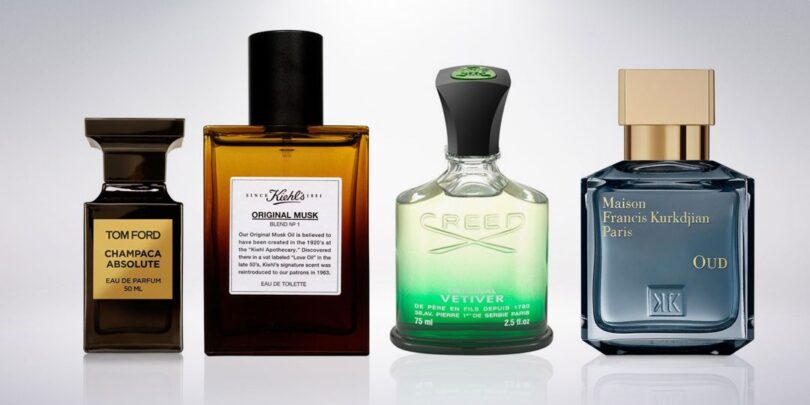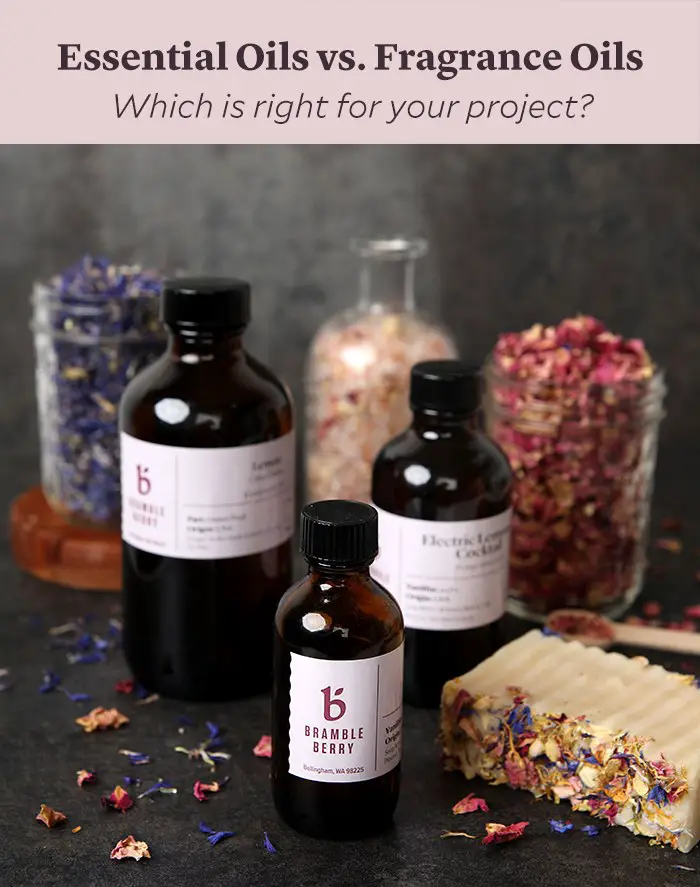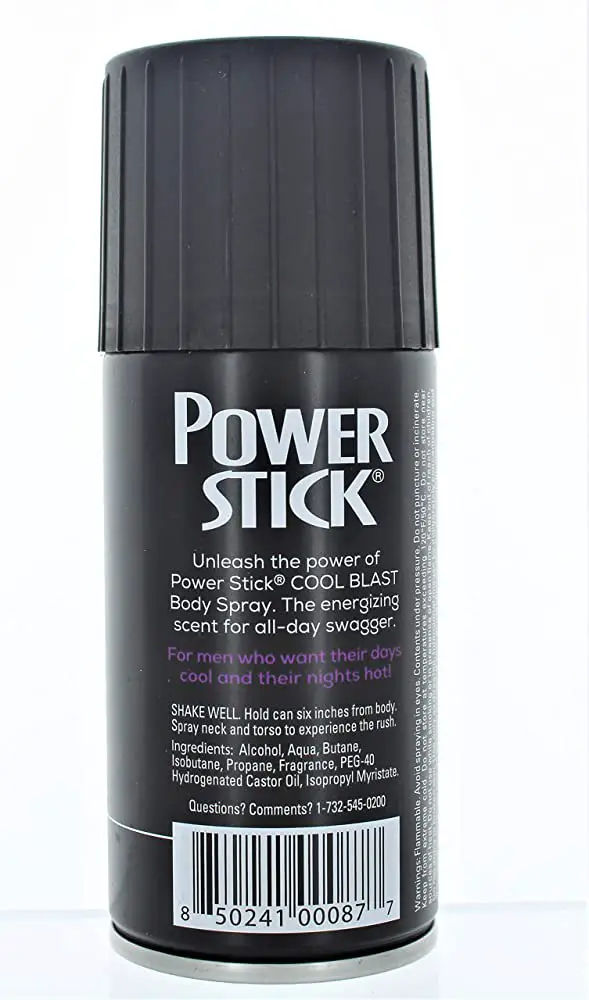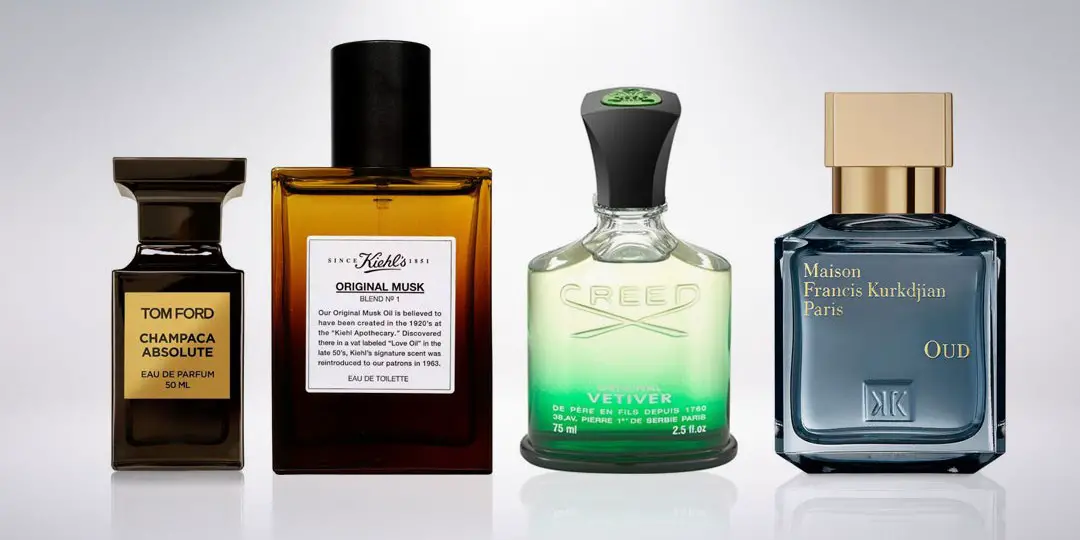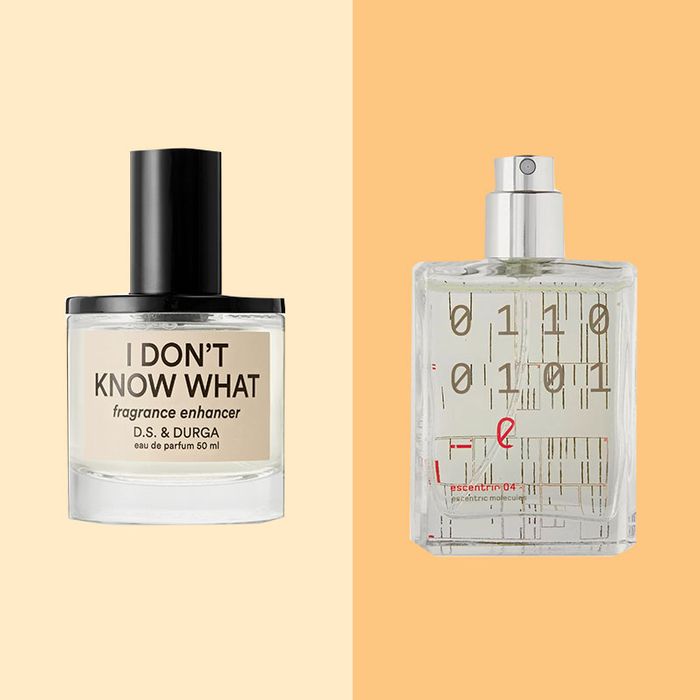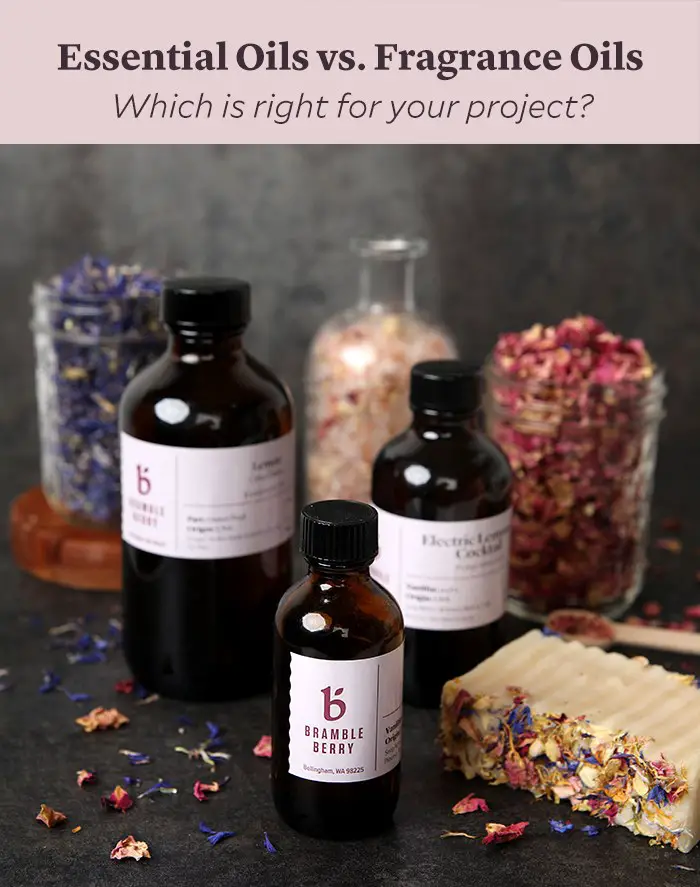Cologne is made out of a mixture of alcohol, water, and various fragrant essential oils. These oils are extracted from flowers, fruits, woods, and other natural sources, giving each cologne its distinct scent.
Additionally, some colognes may also contain synthetic fragrance compounds to enhance the overall aroma. Cologne is a popular type of fragrance used by both men and women. It is typically worn on the skin as a perfume or applied to clothing to leave a lingering scent.
The alcohol in cologne helps to preserve the fragrance and allows it to spread evenly when applied. The water acts as a diluent to reduce the strength of the fragrance. The combination of these ingredients creates a refreshing and enticing scent that can boost one’s confidence and enhance their personal style. Whether it’s a light and citrusy aroma or a rich, woody scent, cologne offers a wide range of options to suit individual preferences.
Essential Ingredients In Cologne
Cologne, a popular fragrance, is made using essential ingredients such as fragrance oils, alcohol, and water. The fragrance oils provide the aromatic notes that give cologne its distinct scent. Alcohol acts as a carrier for these oils and helps to disperse the fragrance when the cologne is sprayed or applied.
Water is used to dilute the concentrated fragrance oils and alcohol, ensuring that the cologne is not too overpowering. Together, these ingredients create a harmonious blend that enhances the wearer’s personal style and leaves a lasting impression. Whether you prefer floral, citrus, or woody scents, cologne offers a wide range of options to suit every taste.
So when choosing a cologne, keep in mind the essential ingredients that go into making this enticing fragrance.
Exploring Fragrance Oils
Cologne is a fragrance made out of two types of fragrance oils. The first type is natural fragrance oils that are extracted from botanical sources. Floral, citrus, and herbal are examples of natural fragrance oils. The second type is synthetic fragrance oils that are created in laboratories.
Fruity, sweet, and musky are examples of synthetic fragrance oils. These fragrance oils are carefully combined to create unique and captivating scents in cologne. The use of natural fragrance oils adds a touch of nature to colognes, while synthetic fragrance oils provide a wider range of scent possibilities.
Whether you prefer the fresh aroma of flowers or the sweet scent of fruits, there is a cologne that suits your preference. Experiment with different fragrances to find the perfect cologne for you.
Understanding Alcohol In Cologne
Alcohol plays a crucial role in cologne as it dissolves and carries the fragrance, enhancing scent projection. It evaporates quickly, ensuring the fragrance is released gradually. There are different types of alcohol used in cologne, such as ethanol and isopropyl alcohol.
These alcohols not only serve as a solvent but also as a preservative, preventing microbial growth. Ethanol is derived from grains, while isopropyl alcohol is synthesized from petroleum. The choice of alcohol used in cologne depends on factors such as cost, fragrance compatibility, and desired performance.
So, next time you spray on your favorite cologne, remember the essential role of alcohol in enhancing its scent and making it last longer.
Importance Of Water In Cologne
Cologne, a fragrance that exudes a unique charm, relies on water for its composition. Water plays a crucial role in cologne, significantly impacting its performance. Dilution is key in balancing the intensity of the fragrance, ensuring it is not overpowering.
Additionally, water enhances the longevity of the scent, allowing it to last longer on the skin. When it comes to water selection, distilled water proves advantageous over tap water. Distilled water offers numerous benefits, such as purity and the absence of impurities.
On the other hand, tap water may have potential effects on the scent due to its chlorine and mineral content. Hence, choosing distilled water for your cologne ensures a higher quality fragrance experience. By understanding the importance of water in cologne, you can optimize the performance and enjoy the true essence of your favorite scents.
Additional Ingredients In Cologne
Cologne is made out of additional ingredients that enhance the fragrance. One of these ingredients is fixatives, which extend the longevity of the scent. Examples of fixatives commonly used in colognes include oakmoss, musk, and ambergris. Another important ingredient in cologne is solvents and emulsifiers, which enable the blending of the various fragrance components.
Propylene glycol and benzyl benzoate are commonly used solvents and emulsifiers in cologne production. These ingredients play a crucial role in ensuring that the fragrance holds well and remains consistent throughout its lifespan. Overall, understanding the additional ingredients in cologne helps individuals appreciate the complex blending process and the science behind creating their favorite scents.
Factors Impacting Cologne Composition
Factors impacting the composition of cologne include fragrance families, which are categorized based on scent notes. Some examples of fragrance families are floral, oriental, and woody. Personal preferences also play a significant role in determining the ingredients used in cologne.
Different individuals have varying fragrance preferences, and cologne offers customizable options to suit individual tastes. By considering these factors, cologne manufacturers are able to create unique and appealing scents that cater to a wide range of consumers. Understanding what cologne is made out of allows consumers to make informed choices when selecting a fragrance that aligns with their personal preferences and desired scent profile.
Whether it’s a floral, oriental, or woody fragrance, cologne composition can be tailored to create a customized and enticing scent experience.
Common Misconceptions About Cologne Ingredients
Cologne, often associated with harmful chemicals, has common misconceptions about its ingredients. However, not all colognes contain these chemicals. Natural fragrance oils, contrary to popular belief, are not always better than synthetic options. The distinction lies in personal preference and sensitivities.
Additionally, the high alcohol content in a cologne does not necessarily make it superior. It is important to consider the overall quality, scent, and longevity of the fragrance. In this article, we aim to debunk the misconceptions and shed light on the complexities of cologne ingredients.
It is crucial to make informed choices and find a cologne that aligns with your preferences and values. Whether natural or synthetic, finding the right fragrance should be an enjoyable and individual experience.

Credit: www.alamy.com
Frequently Asked Questions For What Is Cologne Made Out Of
What Is The Ingredient Of Cologne?
Cologne contains a blend of aromatic substances, such as essential oils, alcohol, water, and other ingredients.
What Ingredients Are In Men’s Cologne?
Men’s cologne typically contains a blend of ingredients like essential oils, alcohol, water, and fragrance compounds.
What Makes Cologne Smell?
Cologne smells due to a combination of aromatic compounds that create a pleasant fragrance.
Which Is Stronger Cologne Or Toilet Water?
Cologne is stronger than toilet water as it contains a higher fragrance concentration.
Conclusion
Understanding what cologne is made out of can enhance your appreciation for this popular fragrance. By delving into the ingredients that make up cologne, we can see that it is a complex blend of natural and synthetic elements carefully crafted to create a unique scent.
These ingredients include essential oils, such as citrus, floral, and herbal extracts, as well as fixatives and solvents that help stabilize the fragrance. By considering the quality of the ingredients and knowing what to look for in a cologne, you can make more informed choices when selecting a fragrance that suits your style and preferences.
Whether you prefer a light and refreshing scent or a bolder and musky aroma, understanding the composition of cologne allows you to appreciate the craftsmanship and complexity involved. So, the next time you spritz on your favorite cologne, take a moment to consider the ingredients that go into creating that captivating fragrance.

